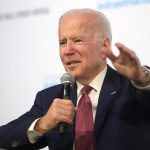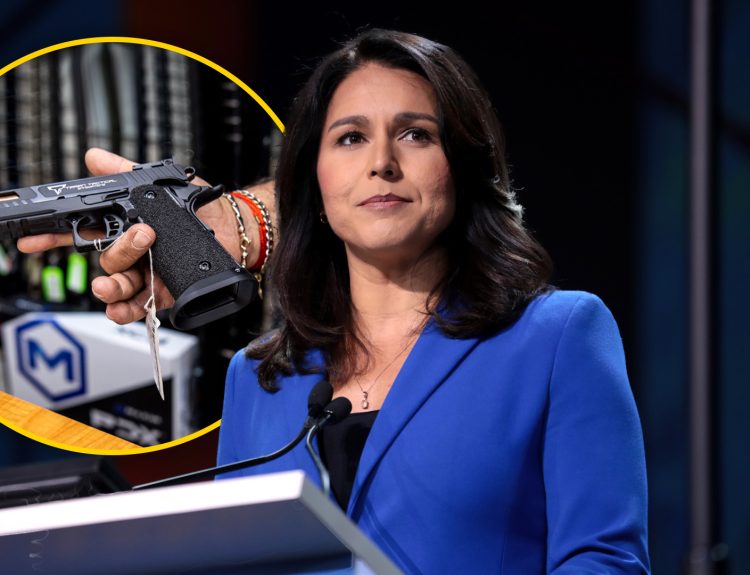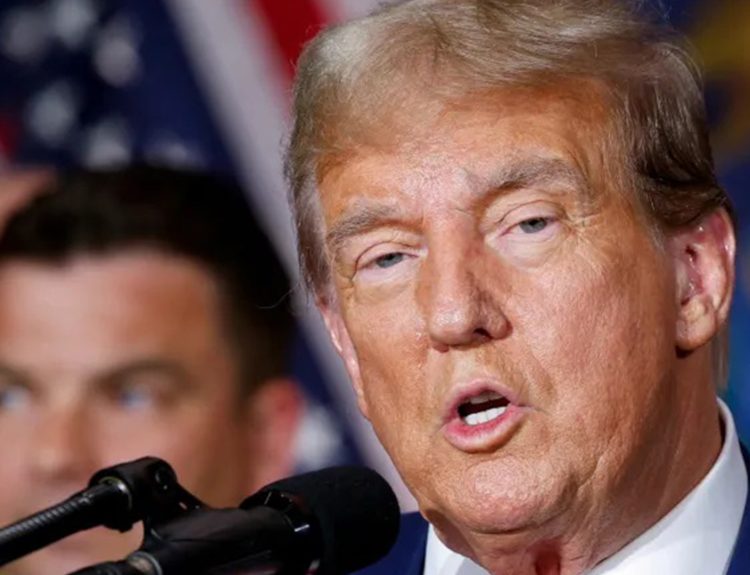Friction between Oklahoma Governor Kevin Stitt and the Cherokee Nation escalated this week when Stitt claimed the tribe owes the state millions in unpaid turnpike tolls. In a tweet, the governor alleged the Cherokee Nation owes $5 million since May for its citizens using the turnpikes without paying.
The tribe quickly refuted the accusation, saying no agreement on the issue had been reached. This latest quarrel shows the deteriorating relationship between Oklahoma’s governor and one of the largest tribes in the state.
Kevin Stitt Move on Renegotiating The State’s Compact With Native American Tribes
When Kevin Stitt became Oklahoma’s governor in 2019, he vowed to renegotiate the state’s gaming compacts with Native American tribes.
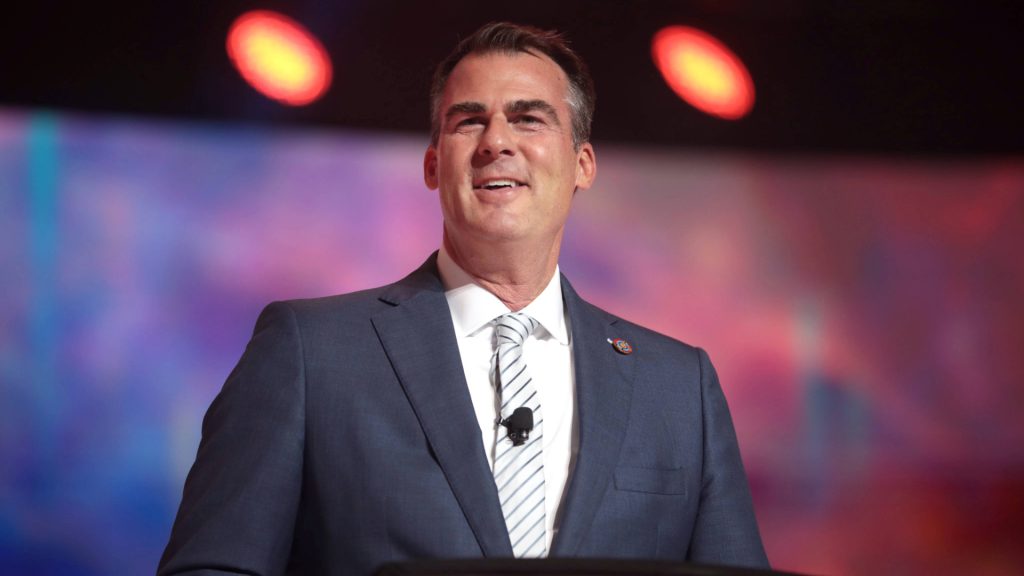
However, talks broke down and Stitt took the tribes to federal court last year to press for higher fees. The rancor has now spread to car tags.
The Cherokee Nation Owes The Government Millions
Stitt claims the Cherokee Nation owes $5 million in unpaid tolls since May because the tribe’s compact allows it to issue license plates and register vehicles.

The problem, Stitt says, is that the Turnpike Authority can’t bill Cherokee drivers who lack a PikePass transponder when they use the turnpikes.
The Cherokee Nation Disputes Governor Stitts Claims
The Cherokee Nation disputes Stitt’s claim. Principal Chief Chuck Hoskin Jr. said the tribe was unaware of any agreement with the state.

The tribe operates its own motor vehicle agency and tax commission under a compact with Oklahoma. About 45,000 Cherokee car tags are issued each year.
PlatePay System Was Installed Without Consulting The Tribe
Hoskin called it “shocking” for Stitt to single out the Cherokee Nation. The tribe says Oklahoma’s cashless tolling system, PlatePay, never consulted tribes and has also had issues collecting tolls from out-of-state drivers.

“Thousands of drivers, Native or not, may have never received bills,” said Attorney General Chad Harsha. He said solutions would be easier to find if Stitt preferred cooperation over “political attacks.”
The Cherokee Nation Shares Vehicle Registration Data With State Law Enforcement
Harsha said that the Cherokee Nation shares vehicle registration data with law enforcement statewide. However a bill allowing that data to be shared with the Turnpike Authority for billing tribal drivers stalled in the legislature.
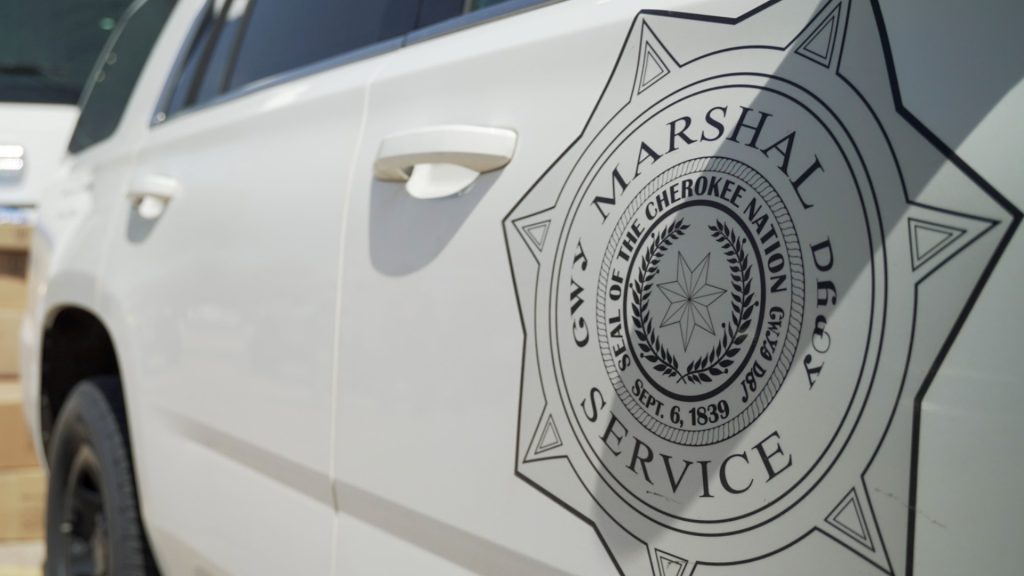
The Chickasaw and Choctaw nations, unlike the Cherokee and Muscogee nations, use state motor vehicle agencies.
2 Million Recorded Plates Overtime
Stitt’s spokeswoman said nearly 80,000 Cherokee plates were counted over 2 million times on toll roads, totaling nearly $5 million owed.
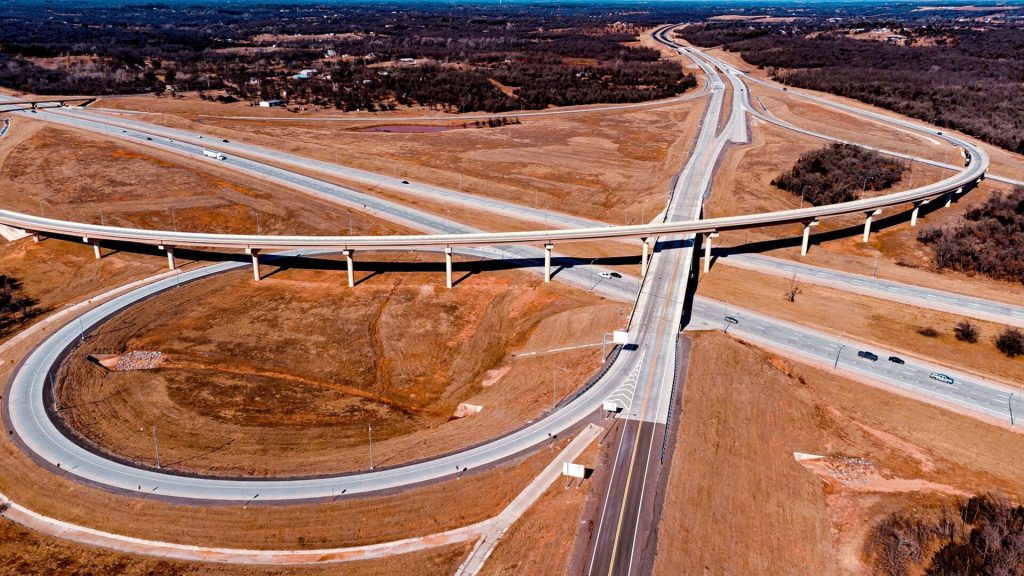
But without access to registration data, the Turnpike Authority can’t bill Cherokee drivers lacking a PikePass. Both sides agree on the need for a solution but remain far apart on the details and dollars.
Background on Cherokee Nation License Plate Agreement
The Cherokee Nation has had a license plate compact with Oklahoma for over a decade, allowing tribal citizens to get license plates through the tribe rather than the state.

Under the terms of the agreement, the Cherokee Nation collects vehicle registration fees and sales taxes when tribal citizens register their vehicles with the tribe. The tribe then remits a portion of those funds to the state.
How Oklahoma’s Cashless Toll Roads Work
In recent years, Oklahoma transitioned its turnpike system to cashless tolling through a system called PlatePay.

Cameras capture images of license plates as vehicles pass through toll plazas, and the registered owners receive bills in the mail for the tolls. For drivers with PikePass transponders, the tolls are deducted automatically from their prepaid PikePass accounts.
Proposed Solution To Share Tribal Data Rejected
A bill was proposed to allow the Department of Public Safety to share tribal vehicle registration data with the Turnpike Authority solely for the purpose of toll billing, but it died in committee.

Source: Oklahoma.gov
The tribes have argued that the issues stem from flaws in the PlatePay system itself and that cooperation would be better than the “political attacks” Stitt has leveled at the Cherokee Nation.
A Flawed System
The Cherokee Nation and others argue that the issues stem from Oklahoma’s flawed cashless tolling system, PlatePay, which was implemented without consulting tribes.

Harsha noted that the Cherokee Nation provides vehicle tag information to a law enforcement database used statewide.
Casting Blame on Native Tribes
Some see the governor’s statements as an attempt to cast blame on tribes rather than acknowledge problems with the state’s systems.
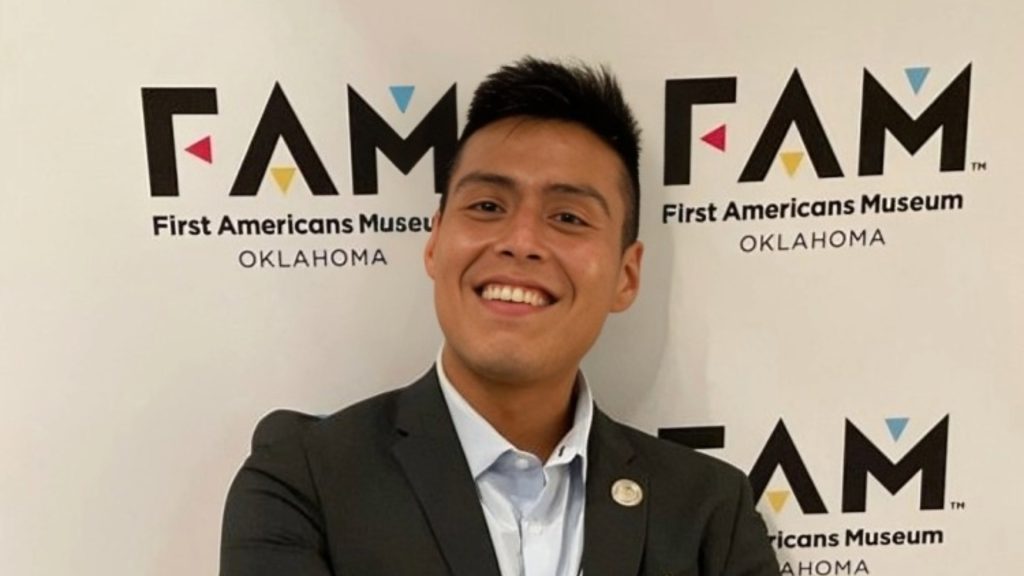
“Thousands of drivers, Native or not, may have never received bills or be aware they owe bills,” Harsha said. Muscogee Nation Secretary Zechariah Harjo pointed out that Oklahoma has also struggled to collect tolls from out-of-state drivers.
Solutions Needed More Than Political Attacks
The ongoing dispute between Governor Stitt and the Cherokee Nation regarding unpaid tolls highlights the need for cooperation over confrontation.
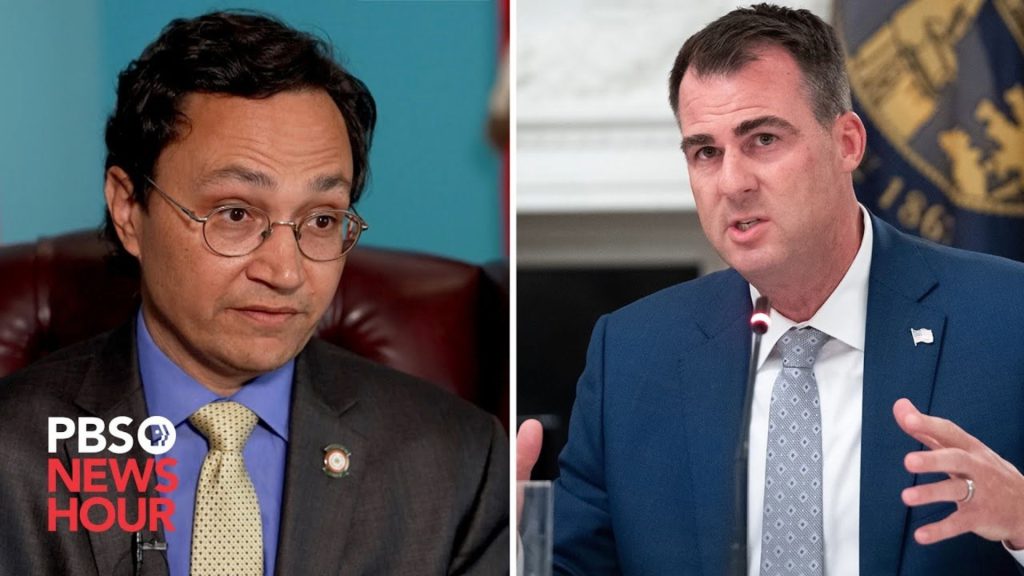
Rather than trading barbs on social media, leaders from both sides should come together to find practical solutions.
Consider Alternative Billing Methods
Rather than relying solely on PlatePay to bill drivers after the fact, alternative options could be explored.
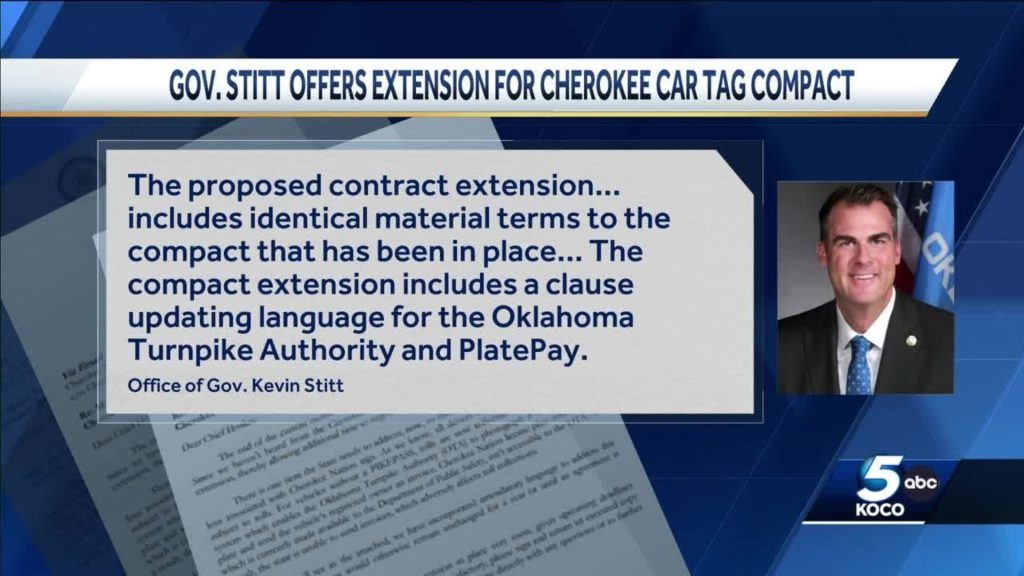
Another option could be developing a system where tribes collect tolls from their members directly and remit payments to the state.
Both Sides Want The Best For Oklahoma Residents
Although the recent disagreement over unpaid tolls has sparked tension, a spirit of cooperation between the state and tribes would serve Oklahomans best. With open communication and good faith on both sides, solutions can surely be found.

The governor’s urgency comes from a desire to fund road repairs, while the tribes aim to protect their citizens’ interests. By recognizing their common ground, Oklahoma’s leaders can move forward together. With some creative thinking and willingness to collaborate, a path exists where all parties win.



